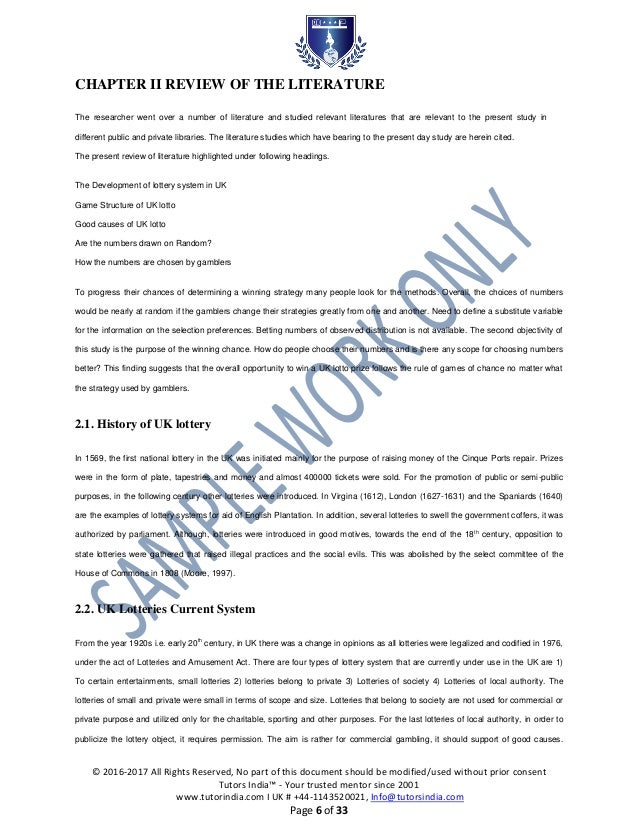In the world of academia, dissertations and capstones hold a special place. These scholarly works are the culmination of years of research, exploration, and critical thinking. They serve as a testament to a student’s dedication and their ability to contribute to their chosen field of study.
Dissertations and capstones are more than just lengthy papers. They are a gateway to new knowledge, providing valuable insights and pushing the boundaries of what we know. Through meticulous data analysis and extensive research, these works uncover hidden trends, examine complex theories, and shed light on previously unexplored areas.
The process of completing a dissertation or capstone is no easy task. It requires hours upon hours of reading, collecting data, analyzing findings, and refining arguments. However, the rewards are immense. Not only do these works contribute to the existing body of knowledge, but they also equip students with the skills necessary for success in their future careers.
In this article, we will delve into the power of dissertations and capstones, exploring how they have the potential to shape our understanding of the world around us. We will examine the significance of dissertation data analysis and its role in discovering meaningful patterns and drawing informed conclusions.
Join us on this enlightening journey as we unravel the power and significance of dissertations and capstones, from the moment research begins to the transformative revelations they bring.
Importance of Dissertations and Capstones
Dissertations and capstones play a crucial role in academia and professional development. These comprehensive research projects offer students the opportunity to delve into their chosen fields, embark on a journey of discovery, and contribute meaningful insights to their respective disciplines.
-
In-depth Exploration:
Dissertations and capstones enable students to undertake an in-depth exploration of a specific research question or problem. Through extensive literature reviews, data collection, and analysis, students gain a deeper understanding of their subject matter. This process promotes critical thinking, analytical skills, and creates a solid foundation for further research. - MBA dissertation writing services
Practical Application:
These research projects also provide a platform for students to apply theoretical knowledge into real-world scenarios. By conducting surveys, interviews, experiments, or analyzing existing data, students can bridge the gap between theory and practice. This practical application fosters the development of practical skills, allowing students to make tangible contributions to their fields of study. -
Institutional Contribution:
Dissertations and capstones contribute to the broader academic community by adding to the body of knowledge within a particular field. Through their research findings, students can propose novel ideas, challenge existing theories, or present innovative solutions to complex problems. Such contributions not only benefit the students’ academic and professional growth but also contribute to the advancement of the discipline as a whole.
In summary, dissertations and capstones hold immense importance in academic and professional settings. By facilitating in-depth exploration, practical application, and institutional contribution, these research projects serve as powerful instruments for students to showcase their expertise, contribute to knowledge creation, and make a lasting impact in their chosen fields.
Unlocking the Power of Dissertation Data Analysis
When it comes to dissertations and capstones, one crucial aspect that brings their true power to light is the process of data analysis. This investigative methodology serves as the key to unlock valuable insights and draw meaningful conclusions from the vast pool of information gathered during the research phase.
Data analysis in the context of dissertations and capstones involves the systematic examination and interpretation of collected data to identify patterns, relationships, and trends. It enables researchers to explore their hypotheses, validate their findings, and answer the research questions they set out to investigate. By delving into the data, researchers can unmask the underlying hidden treasures that lie within.
One of the primary objectives of dissertation data analysis is to make sense of the gathered information, transforming it into a comprehensible format that contributes to the field of study. Through various analytical techniques, such as statistical tests, coding, or thematic analysis, researchers can organize and structure the data, allowing for deeper exploration and insightful conclusions. Additionally, data analysis helps to ensure the reliability and validity of the research findings, thus adding credibility to the overall study.
By skillfully navigating through the data analysis process, researchers can uncover patterns and trends that may not be immediately apparent. This opens up opportunities for new discoveries and further exploration within the field of study. Moreover, effective data analysis can also shed light on potential areas of improvement, highlighting gaps in knowledge and suggesting avenues for future research.
In conclusion, dissertation data analysis plays a pivotal role in unraveling the power of dissertations and capstones. It is through this meticulous process that researchers can unlock the valuable insights hidden within their collected data, giving depth and meaning to their findings. By harnessing the potential of data analysis methods, researchers can make significant contributions to their field and pave the way for future advancements and revelations.
Maximizing the Impact of Research Findings
Research findings play a vital role in dissertations and capstone projects, offering valuable insights and contributing to the advancement of knowledge in various fields. To fully leverage the power of research findings, it is essential to strategically maximize their impact. This can be achieved through effective dissemination, integration, and application.

The first step in maximizing the impact of research findings is through their dissemination. Sharing the results with the academia and the wider community is crucial to ensure that the findings reach the intended audience. By publishing research articles or presenting at conferences, researchers can increase the visibility of their work and initiate discussions within the academic community.
Additionally, integrating research findings into existing bodies of knowledge is paramount. This not only helps to strengthen the foundations of a particular field but also allows other researchers to build upon previous studies. By linking their findings to existing literature and theories, researchers can contribute to a more comprehensive and cohesive understanding of the subject matter.
However, the true power of research findings lies in their application. Effective utilization of these findings in real-world scenarios can bring about tangible and positive changes in various industries and domains. Policymakers, practitioners, and professionals can benefit greatly from the insights derived from dissertations and capstone projects, enabling evidence-based decision-making and driving innovation.
By maximizing the impact of research findings through strategic dissemination, integration, and application, the significance of dissertations and capstones can reach far beyond the academic realm. These projects have the potential to shape our understanding of the world, drive advancements, and address critical challenges across multiple disciplines.
